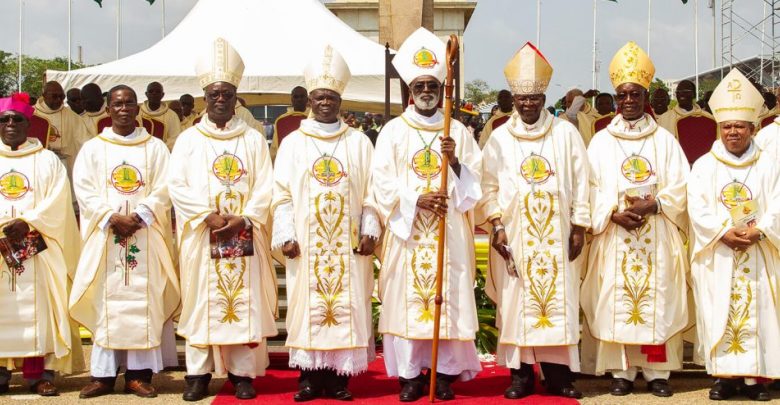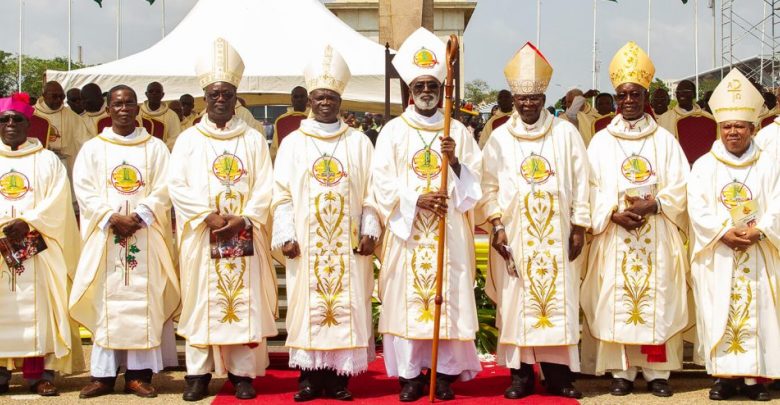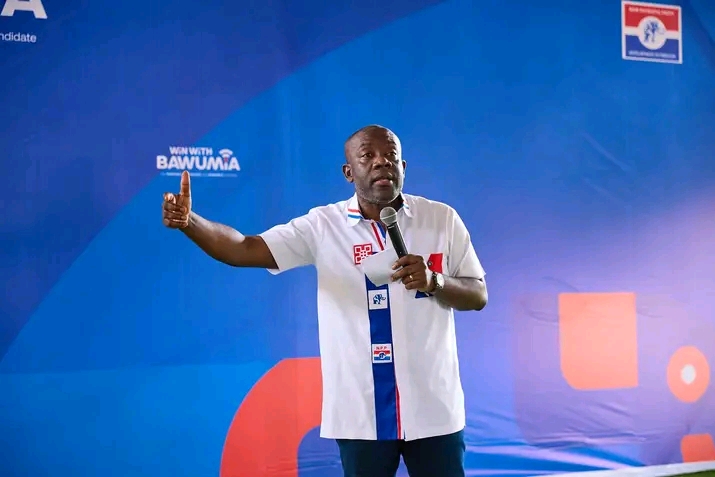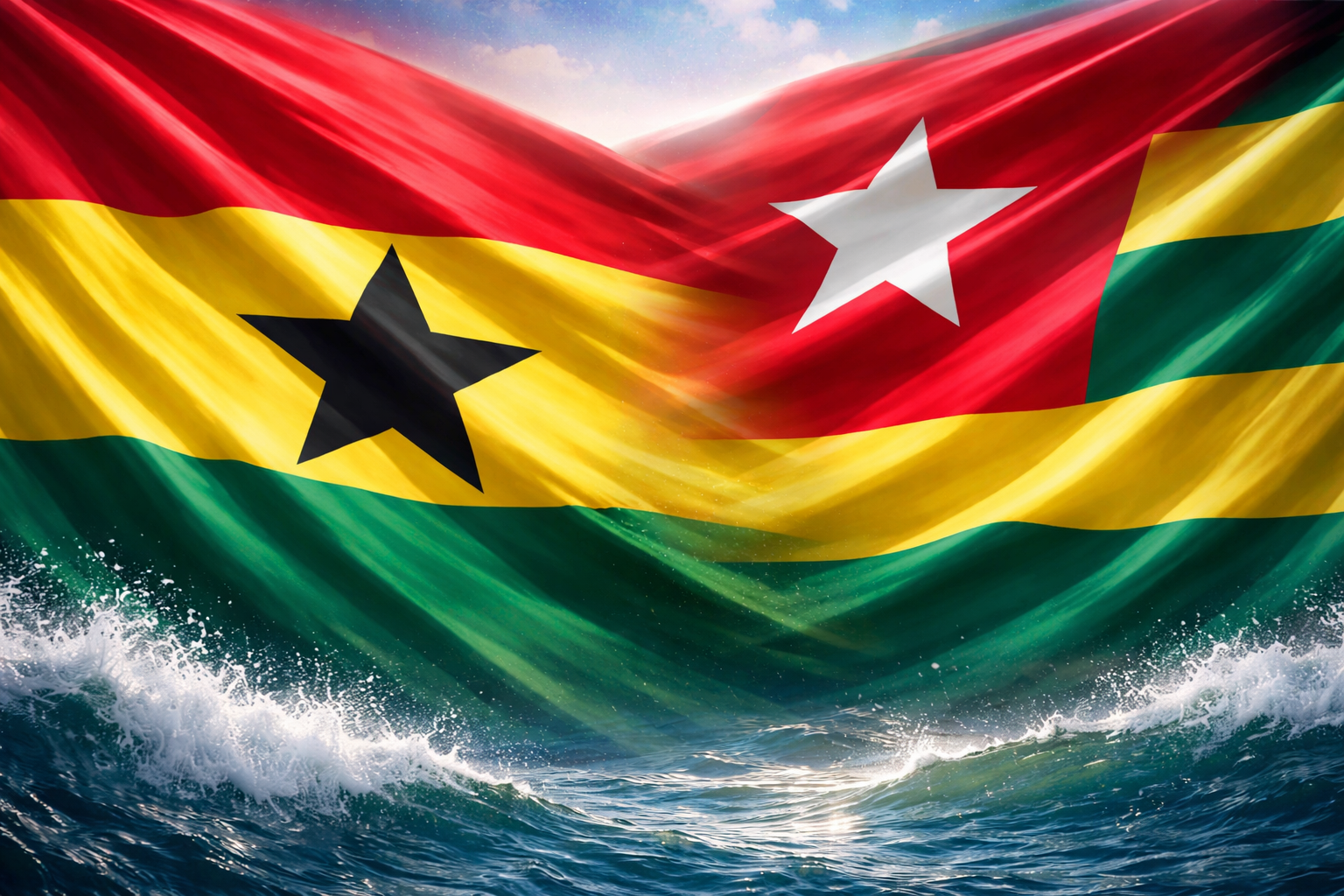By: Kenneth Appiah Bani
The Ghana Catholic Bishops’ Conference (GCBC) and the Christian Council of Ghana (CCG) have jointly reaffirmed their commitment to maintaining the Christian identity and ethos of mission schools across the country, amid ongoing national debate over whether non-Christian students particularly Muslims should be allowed to fully practise their faith within these institutions.
In a detailed statement issued on Tuesday, 25 November 2025, the two bodies said the rising controversy touches on “history, law, culture, educational philosophy, and the Church’s foundational role in Ghana,” insisting that their stance is not driven by religious intolerance, but by a duty to safeguard the character of schools established and nurtured for more than a century.
The Churches emphasised their proprietorship, explaining that mission schools were founded long before the establishment of modern Ghana. Land was acquired, infrastructure built, and teachers trained by the Churches, who considered education a central expression of their missionary calling.
“When government began assisting us primarily by paying salaries and regulating curricula it joined an already functioning system. State support is a partnership, not a takeover,” the statement said. The GCBC and CCG maintained that government assistance does not grant authority to redefine the religious nature of these schools.
The Christian bodies stressed that no student is compelled to attend a mission school, noting that parents voluntarily choose these institutions for their long-standing reputation in academic excellence, discipline, and moral training.
“Because attendance is voluntary, it is unreasonable for anyone to demand that we change our core character to accommodate their religious preferences,” the statement argued, pointing out that Ghana has public, private, and Islamic schools that offer alternatives to all.
The Churches cautioned that introducing separate religious practices, uniforms, or prayer schedules for different faiths could undermine discipline and unity values they say have shaped the strong moral and academic record of mission schools.
According to the statement, allowing parallel religious systems would create administrative burdens, disrupt timetables, and generate perceptions of inequality. A single code of conduct and unified school culture, they said, remains essential for effective learning and character formation.
The GCBC and CCG grounded their argument in constitutional rights, emphasising that freedom of religion and association protects institutions as well as individuals. They insisted that Christian mission schools have the legal right to operate in accordance with their faith traditions.
“Expecting us to suppress the Christian identity of our schools to accommodate every religious group would infringe upon this freedom,” they stated.
The statement also referenced the Memorandum of Understanding validated on 15 April 2024 by Government-Assisted and Private Mission Schools under the guidance of the National Peace Council. The MoU outlines policies on issues such as dress codes, fasting, and worship spaces, and upholds inclusivity within the existing framework of mission school traditions.
Highlighting the historical collaboration between the Church and the State in education and social services, the religious bodies warned that attempts to override the Christian identity of mission schools could strain this longstanding partnership.
“The State chose to support mission schools because we had already built a trusted and successful system,” the statement noted. “Its role is to support, not redefine, the mission.”
The Churches reiterated that mission schools were never intended to deliver purely academic instruction but to develop students intellectually, morally, and spiritually in line with Christian teachings.
“To demand that we secularise our environment or remove Christian practices is to undermine the foundational mission that brought these institutions into being,” they said.
In conclusion, the GCBC and CCG described their stance as a defence of religious freedom, institutional autonomy, and educational excellence, not an act of exclusion.
“We welcome students of all faiths while upholding their freedom to choose schools that reflect their beliefs. Our duty is to safeguard the Christian values that form the heart of our schools and have shaped Ghanaian society for generations.”
The statement was signed by Rt. Rev. Dr. Bliss Divine Agbeko, Chair of the Christian Council of Ghana, and Most Rev. Matthew Kwasi Gyamfi, President of the Ghana Catholic Bishops’ Conference.







